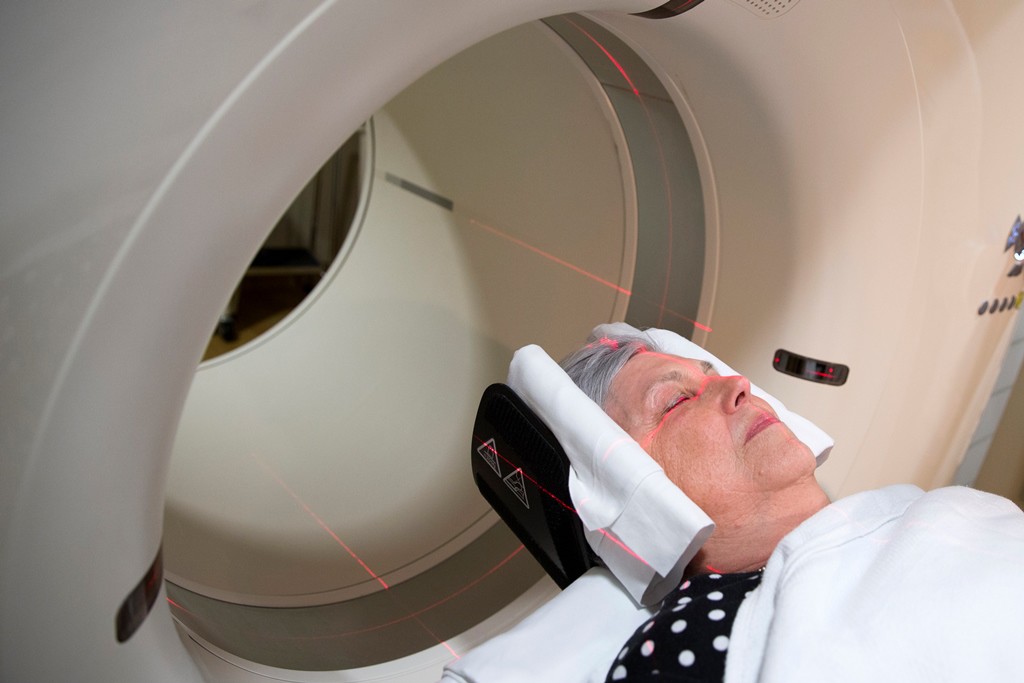A study published in the journal «Neurology» has cast doubt on lecanemaba promising experimental drug against Alzheimer’sdiscovering that it produces a probable reduction of the brain.
Lecanemab, developed by the Japanese pharmaceutical Eisai and the American Biogen, was experimentally approved in January by accelerated procedure in the United Statesafter trials in which reduced cognitive decline in patients by 27 percent.
However, the “Neurology” study, led by scientist Scott Ayton of the Florey Institute of Neoscience and Mental Health in Australia and published on March 27, found that patients taking lecanemab had 28 percent greater brain shrinkage than those treated with a placebo.
The authors of the article request that it be investigated to confirm whether these changes may have harmful long-term consequences for patients.
Ayton, along with colleagues Francesca Alves and Pawel Kallinowski, conducted a meta-analysis of 31 clinical studies on drugs against Alzheimer’s, a neurodegenerative disease that causes cognitive impairment in patients.
amyloid beta
The shrinkage of the brain occurred in patients treated with lecanemab and donanemab, another similar drug, both used to reduce beta amyloid protein, related to Alzheimer’s.
“It is possible that accelerated brain atrophy is caused by other factors, but when considering the possibility of brain damage, we should be cautious in our interpretations and accumulate more data,” Ayton said on Twitter.
“We recommend to doctors that alert patients to the risk of brain atrophythat brain atrophy be actively monitored in clinical trials (including long-term follow-up), and that drug companies running the trials publish more information on brain volume changes,” he added.
According to the magazine “Science”, Eisai indicated that the loss of brain volume could be due to the removal of amyloid beta protein and reduced inflammation.while continuing with clinical trials.
The US Food and Drug Administration (FDA) is awaiting the Phase Four Clinical Trials of Lecanemab for Permanent Authorization, while the authorities of the European Union, Japan and China are also studying the approval of the drug. EFE

